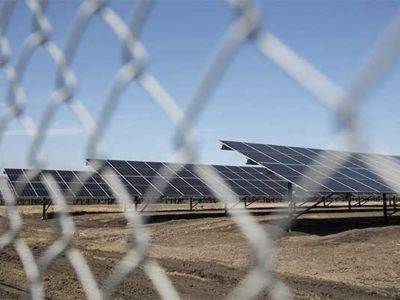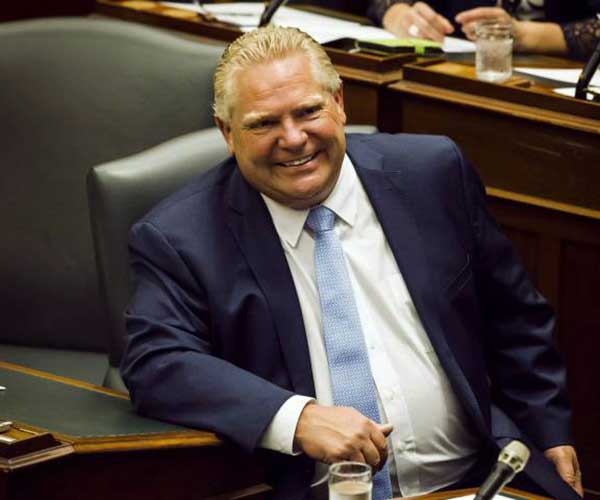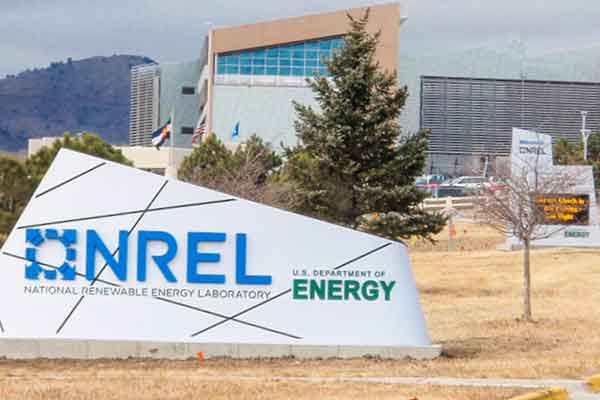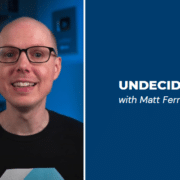California — Nearly 400 Californians gathered at PG&E headquarters to protest a recent proposal from the utility that would stall continued consumer solar adoption, putting local jobs, public health benefits and climate progress at risk.
A Grammy Award-winning artist, students, faith community leaders, and local solar customers led the energetic crowd in calling for PG&E to stop attacking rooftop solar and start acting in the public interest. It was awesome.
“This is not a game. We must make a real and urgent transition from fossil fuels to clean energy and the lip service PG&E is giving to climate progress while proposing policies to stall solar in California is irresponsible and immoral. We should all be working together for real clean energy solutions,” said Rev. Lennox Yearwood Jr., President and CEO, Hip Hop Caucus, a national non-profit civil and human rights organization that is leading the People’s Climate Music tour across California this month.
“PG&E is not looking to protect the environment or my future. Rather, it’s looking to protect itself,” said rally speaker Ana Singh, a high school junior and an Action Fellow with the Alliance for Climate Education. “The fact is that PG&E makes money off of new power plants and other utility infrastructure. When people choose to go solar, PG&E loses that money. This company is putting its profits over the interests of its clients and the environment, and it’s our responsibility to stand up against that.”
Additional speakers included: Rev. Ambrose Carroll, Co-founder of Green the Church and senior pastor at Church by the Side of the Road in Berkeley; Sarah Shanley Hope, Executive Director of The Solutions Project and a Bay Area solar customer; Malik Yusef, 5 time Grammy winning artist and climate activist; and stage, film actress and Grammy nominated artist Antonique Smith. Today’s rally is one of three protests organized by solar supporters at the state’s investor-owned utility headquarters this month.
Along with other major utilities, PG&E recently proposed a crippling combination of unfair fees and low crediting rates to make going solar a bad deal for California energy customers. A statewide poll released today by Brightline Defense Project and the California Solar Energy Industries Association (CALSEIA) found that the vast majority of Californians – 80% – oppose the utilities’ proposals to make going solar more expensive. State regulators at the California Public Utilities Commission (CPUC) have until the end of the year to decide whether to accept PG&E’s proposal or to keep the way clear for families, schools, businesses and local governments to go solar.
“PG&E is defending its anti-solar proposal with misleading claims about solar leadership and customer service. Every solar rooftop we have in this state is there because our California energy consumers chose to lead, and the utility was required by law and regulation to allow that progress. We need the CPUC to once again hold PG&E accountable to the interests of its customers, not its profits,” said our own West Coast Regional Director Susannah Churchill.
The price of going solar has dropped in half over the past five years, making solar an affordable option for a growing number of Californian energy consumers. This consumer investment in local solar power reduces the need for expensive and polluting utility infrastructure, which delivers cost savings and health benefits to communities throughout the state. California’s growing solar market is also making California a national leader in climate action and the clean energy economy. Today there are more than 54,000 Californians employed in the state’s growing solar sector, more than the three major utilities combined. The utilities’ proposals would slam the brakes on solar adoption and job growth.
A diverse and growing set of California stakeholders has formally urged the CPUC to uphold the state’s current net metering crediting program and further expand solar access to more consumers. Those organizations include more than 50 local government officials, 16 organizations representing social justice issues and communities of color as well as numerous state education and teachers’ associations, farmers and agricultural businesses, faith leaders, and Native American tribal communities. Click here for the full list of organizations who are speaking up for solar.















Comments